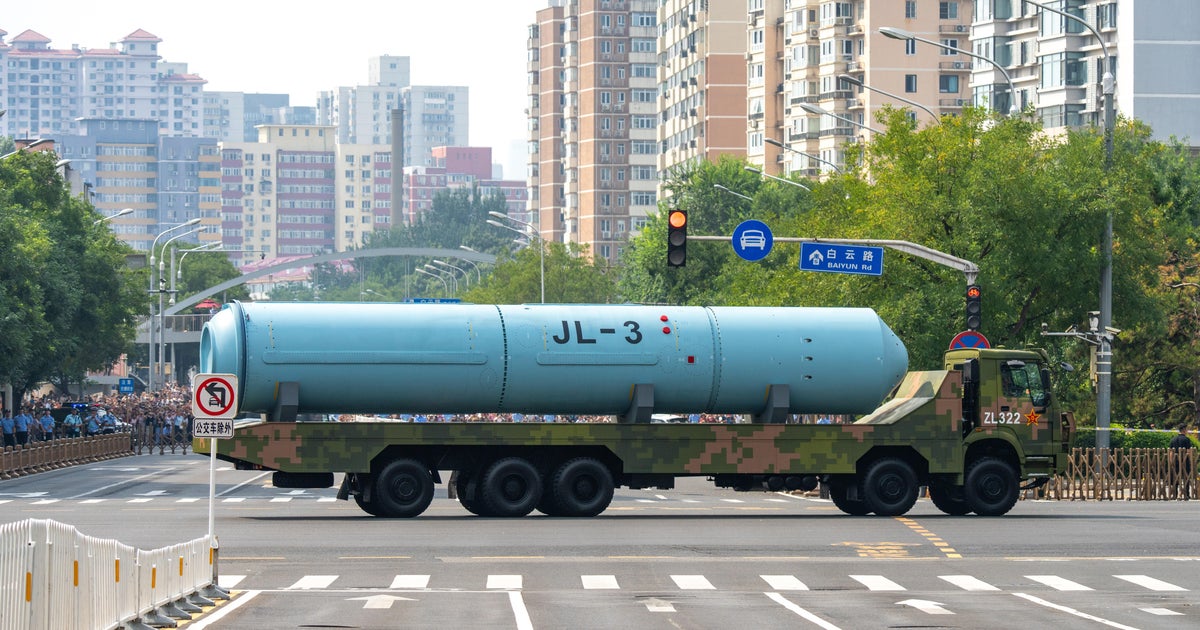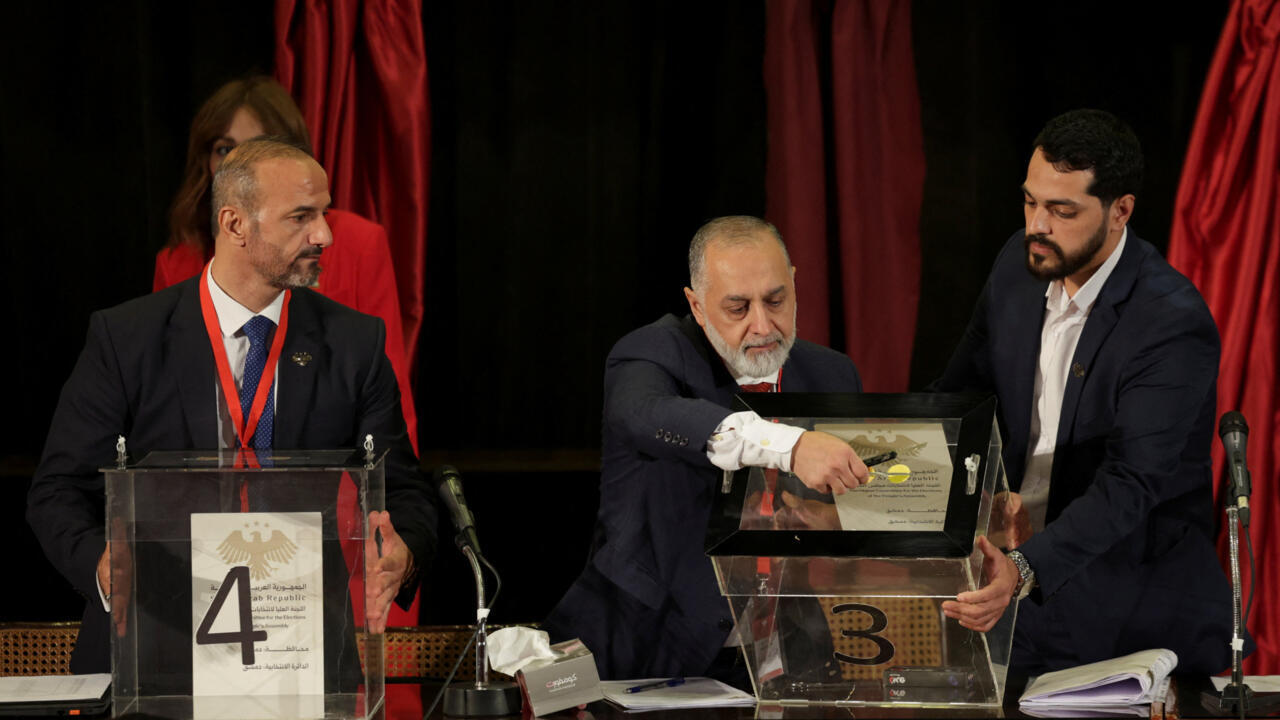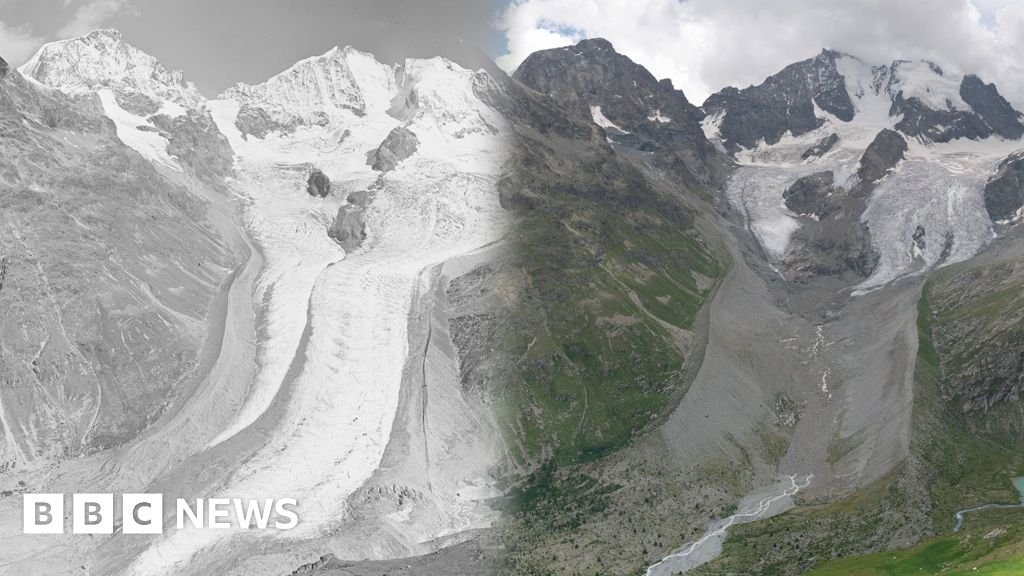 Brian Hioe, editor-in-chief of Taiwan-based New Bloom; Saba Chaudhry, freelance journalist from Pakistan; Krixia Subingsubing, reporter at Manila-based Philippine Daily Inquirer; Trinh Huu Long, editor-in-chief of Luật Khoa and The Vietnamese; and Tess B. Bcalla, editor-in-chief of Asia Democracy Chronicles, the media arm of Asia Democracy Network, in a discussion on media freedom in Asia at ICSW2025 in Bangkok, Thailand. Credit: Zofeen Ebrahim/IPS
Brian Hioe, editor-in-chief of Taiwan-based New Bloom; Saba Chaudhry, freelance journalist from Pakistan; Krixia Subingsubing, reporter at Manila-based Philippine Daily Inquirer; Trinh Huu Long, editor-in-chief of Luật Khoa and The Vietnamese; and Tess B. Bcalla, editor-in-chief of Asia Democracy Chronicles, the media arm of Asia Democracy Network, in a discussion on media freedom in Asia at ICSW2025 in Bangkok, Thailand. Credit: Zofeen Ebrahim/IPSBANGKOK, November 3 (IPS) - In Pakistan, journalism is a risky profession—and the danger only intensifies if you’re a woman, young, and a freelancer, says 30-year-old Saba Chaudhry, a journalist from a village near Narowal, in Punjab province.
“You have to be careful about what you write and who might read it—you can become the target of a malicious campaign where you will be attacked in a more indirect way—for the way you dress or who you associate with. Sometimes self-censorship becomes your shield,” she said at a media event titled ‘Disinformation, Propaganda, and Populist Rhetoric: Media under Siege.’
The event, held during the International Civil Society Week in Bangkok and co-hosted by the global civil society alliance CIVICUS and the Asia Democracy Network (ADN), brought together around 1,000 activists, leaders, and academics to discuss democracy, human rights, and inclusion.
She was not alone in her struggle. Her co-panelists shared similar experiences of facing threats when caught in the crosshairs of state, non-state, and corporate actors. They were Brian Hioe from Taiwan, founder and editor-in-chief of the online magazine the New Bloom; Krixia Subingsubing from the Manila-based Philippine Daily Inquirer; and Trinh Huu Long, editor-in-chief of Luật Khoa and The Vietnamese, two online magazines published daily.
While journalism is increasingly challenging—and often riskier—in the age of AI when tech-driven disinformation is rampant, Chaudhry says writing about gender, minorities and faith-based issues or enforced disappearances can easily result in a journalist being labelled anti-state.
Hioe, however, does not believe he is at greater risk compared to his predecessors.
But he believes that disinformation and misinformation have become inseparable from modern journalism. He has chosen to fight back with wit. He uses “humor and narrative-based storytelling” to draw readers in—the same way sensationalism does, but with truth as the hook. His magazine, New Bloom, is entirely volunteer-run, and, as he puts it, “having no money has never been an obstacle”—perhaps even the reason it has survived, against the odds, for nearly 12 years.
Hioe’s creative resistance to falsehood stands in sharp contrast to the experiences of others, who have seen disinformation evolve into a political tool to control narratives and intimidate the media.
Tracing the chilling period of disinformation to 2016 when “democracy backslid,” Subingsubing recalled how Rodrigo Roa Duterte, a Filipino lawyer and politician, became the 16th president of the Philippines and “created a playbook,” hiring PR firms to craft a merciless campaign around the war on drugs.
“But not just that, he crafted violent rhetoric against the media, terming them enemies of the state and unleashed cyber troops to carry out online harassment,” and systemically muzzled the media, she said.
Although Duterte is no longer in power—and now faces charges of crimes against humanity at the International Criminal Court—Subingsubing said his legacy of “spreading disinformation” continues to cast a long shadow.
The plight of the media is no different in Taiwan, according to Hioe. “Legacy media in Taiwan is often tied to a specific political camp or has been bought by businessmen with major interests in China. To stay afloat, they have compromised their editorial independence, adopting a pro-China stance that blurs the line between journalism and propaganda,” he said.
Following the 2014 Sunflower Movement, where hundreds of young people, mostly Taiwanese university students, stormed Taipei’s national legislature, Hioe said, the need for “new media” emerged seeking deeper coverage and stronger journalistic standards. But without consistent funding, he said, it’s hard to maintain profitability.
Over the past five years, New Bloom also opened up a coffee place called Daybreak, a creative way to generate funds.
While the young Taiwanese journalist has managed to nurture independent journalism within Taiwan’s relatively open environment, people like Long have had to leave their countries altogether to keep reporting freely.
Long runs two independent media outlets called Luật Khoa and The Vietnamese. But he runs them in exile. “Due to heavy censorship and harsh persecution of independent media, I chose to operate my organization outside of Vietnam. I operated from the Philippines, then moved to Thailand; currently I work from Taiwan.
The magazines cannot be registered in Vietnam. “The law doesn’t allow that, and the government attacks us,” he said, adding one of the co-founders remains imprisoned.
But unlike the media outlets in several countries across Asia, these two continue to survive in a world of misinformation and propaganda, are published daily and still maintain editorial independence?
“It’s no rocket science, really,” pointed out Lang. “To earn the trust of the readers, you have to be honest and open to the audience; that is the best strategy,” he added.
He added that they don’t allow anyone—not even donors or family—to influence their editorial decisions.
“It’s our decision to make. We’ve made it very clear to everyone that editorial independence is our soul. And because of this, we’ve probably upset everyone, including some of our closest readers. But we have no intention of backing off,” Long told IPS after the event.
IPS UN Bureau Report
© Inter Press Service (20251103075258) — All Rights Reserved. Original source: Inter Press Service

 6 hours ago
1
6 hours ago
1










 English (US) ·
English (US) ·